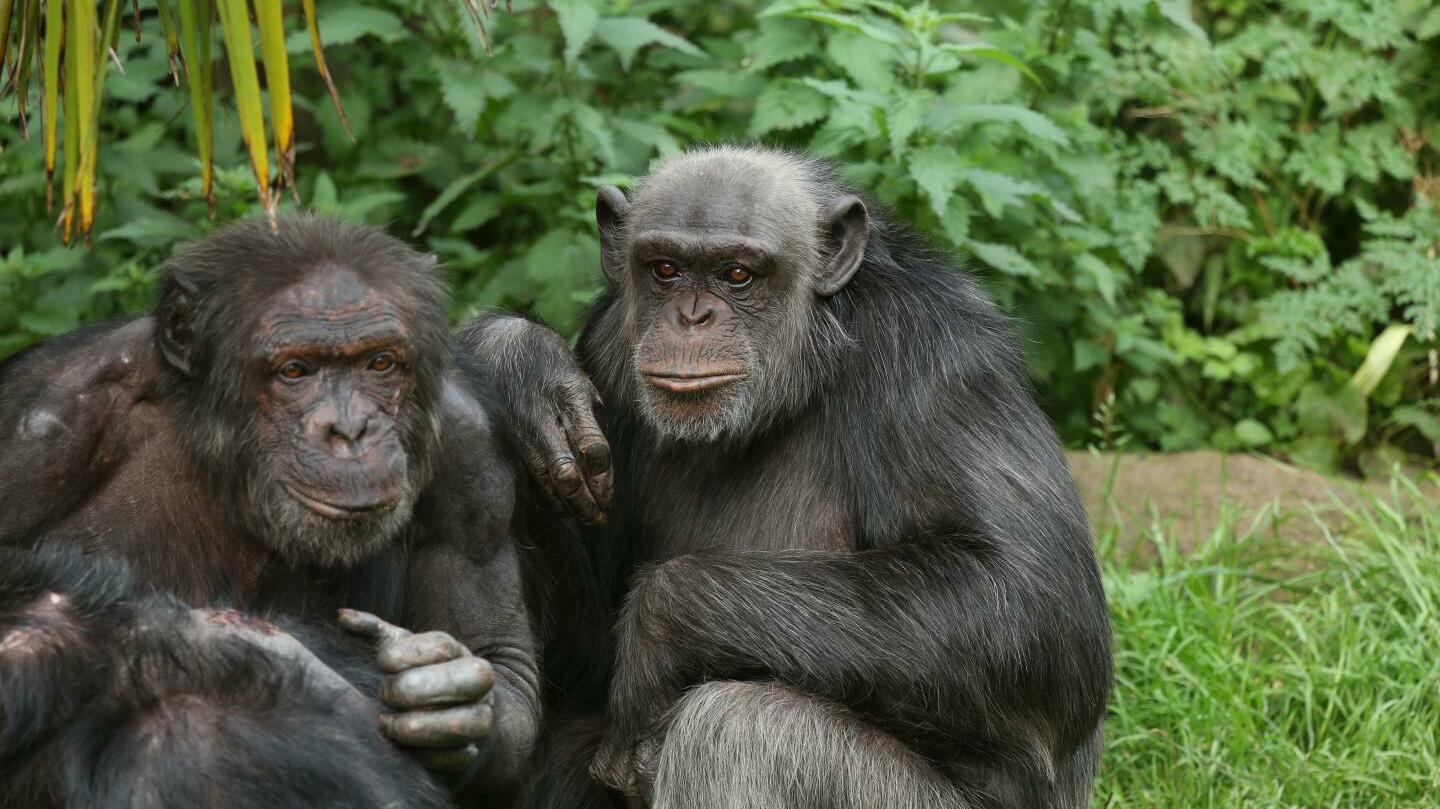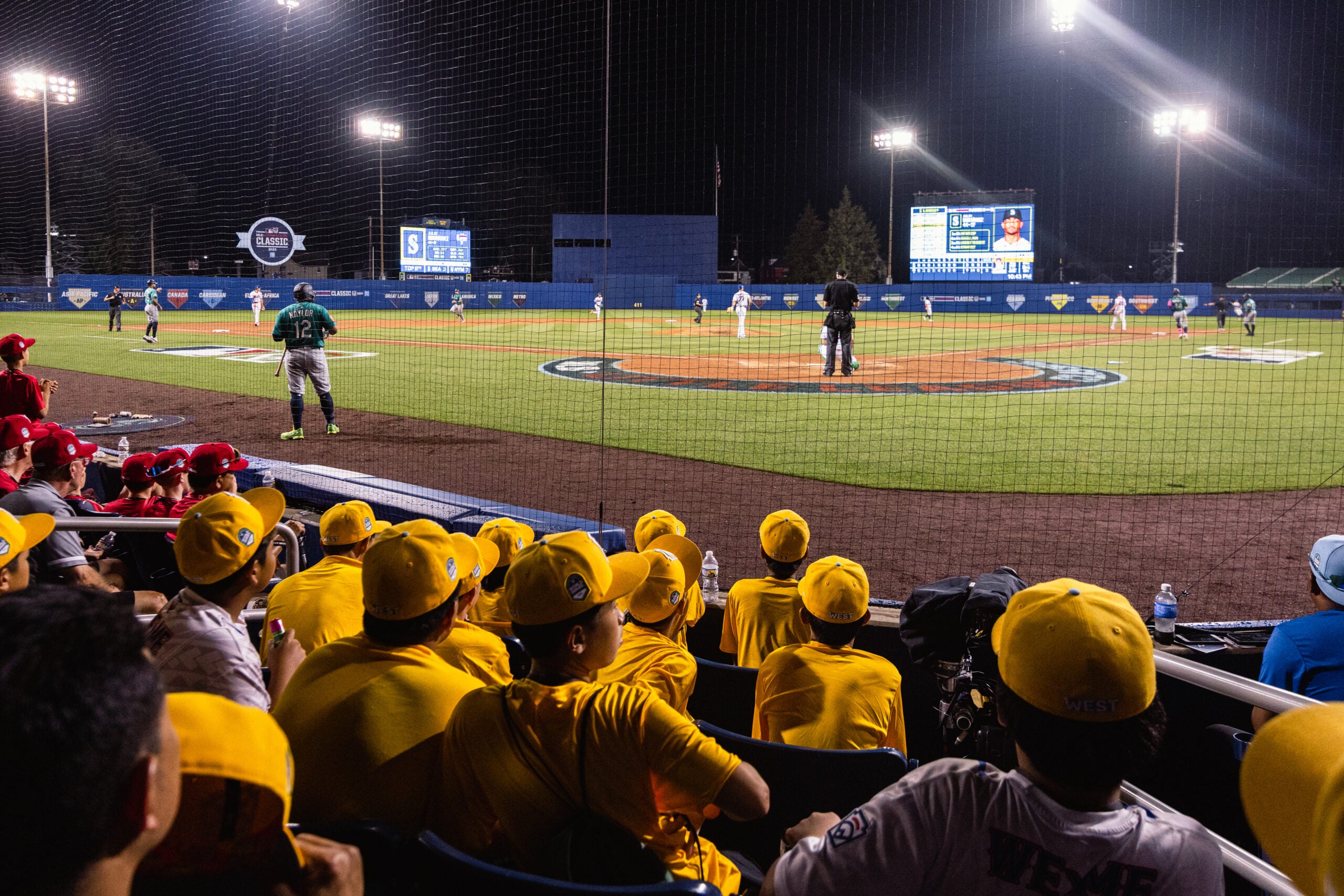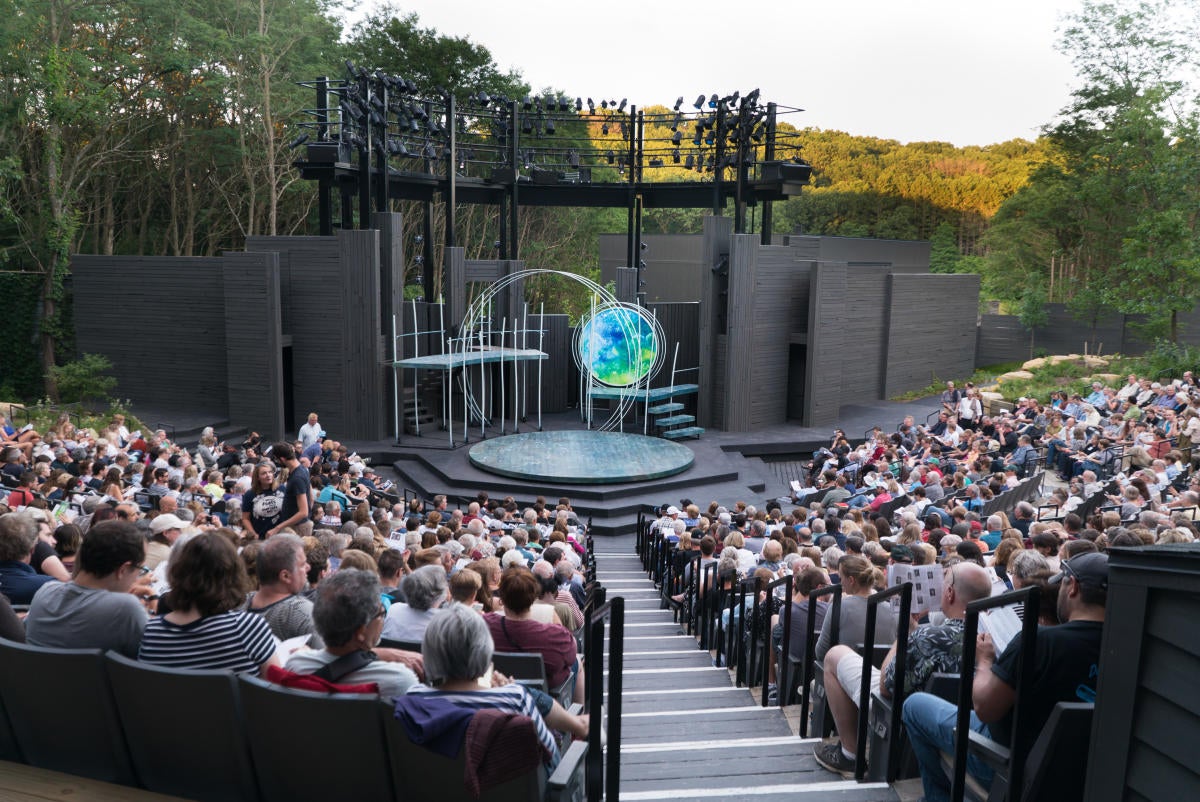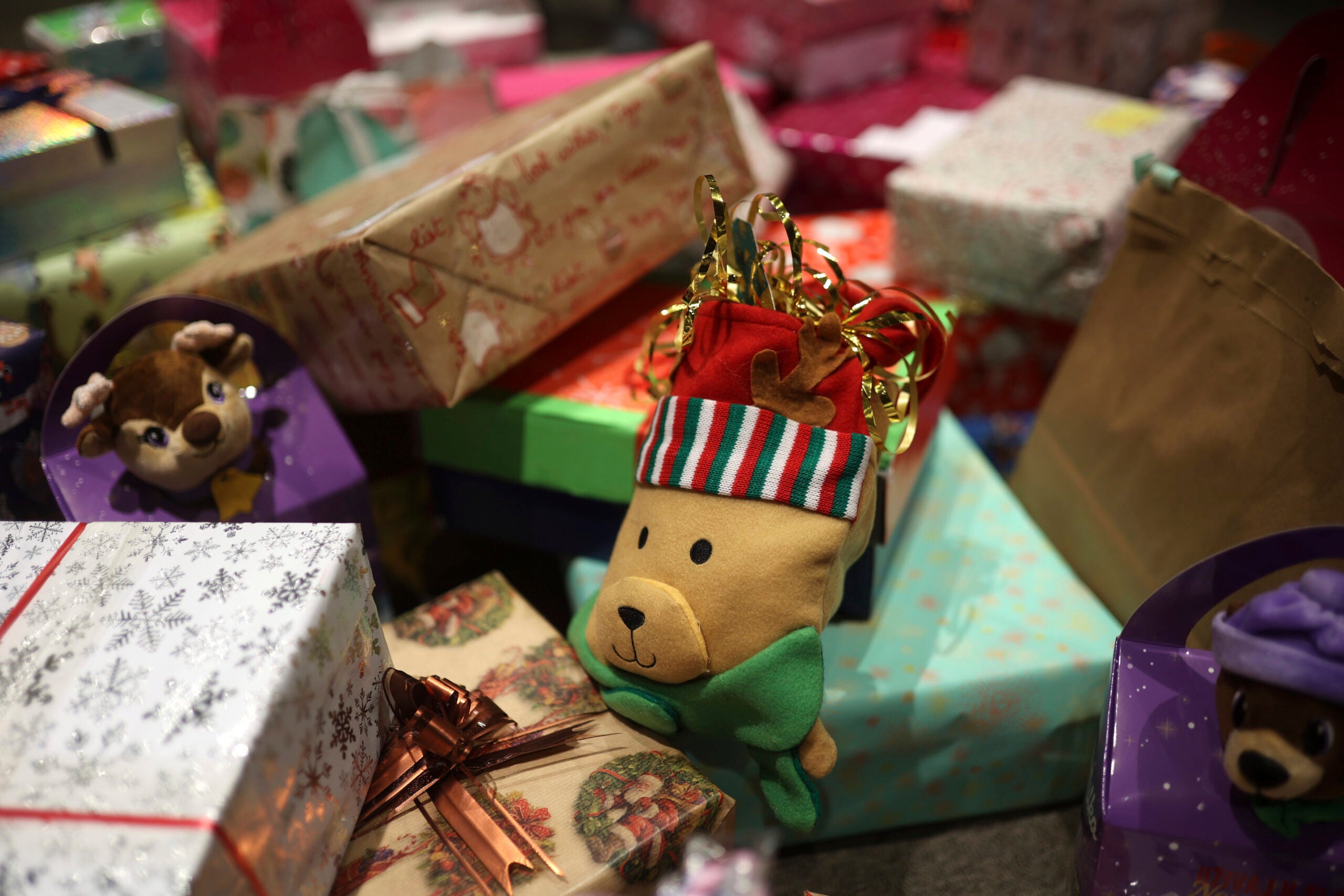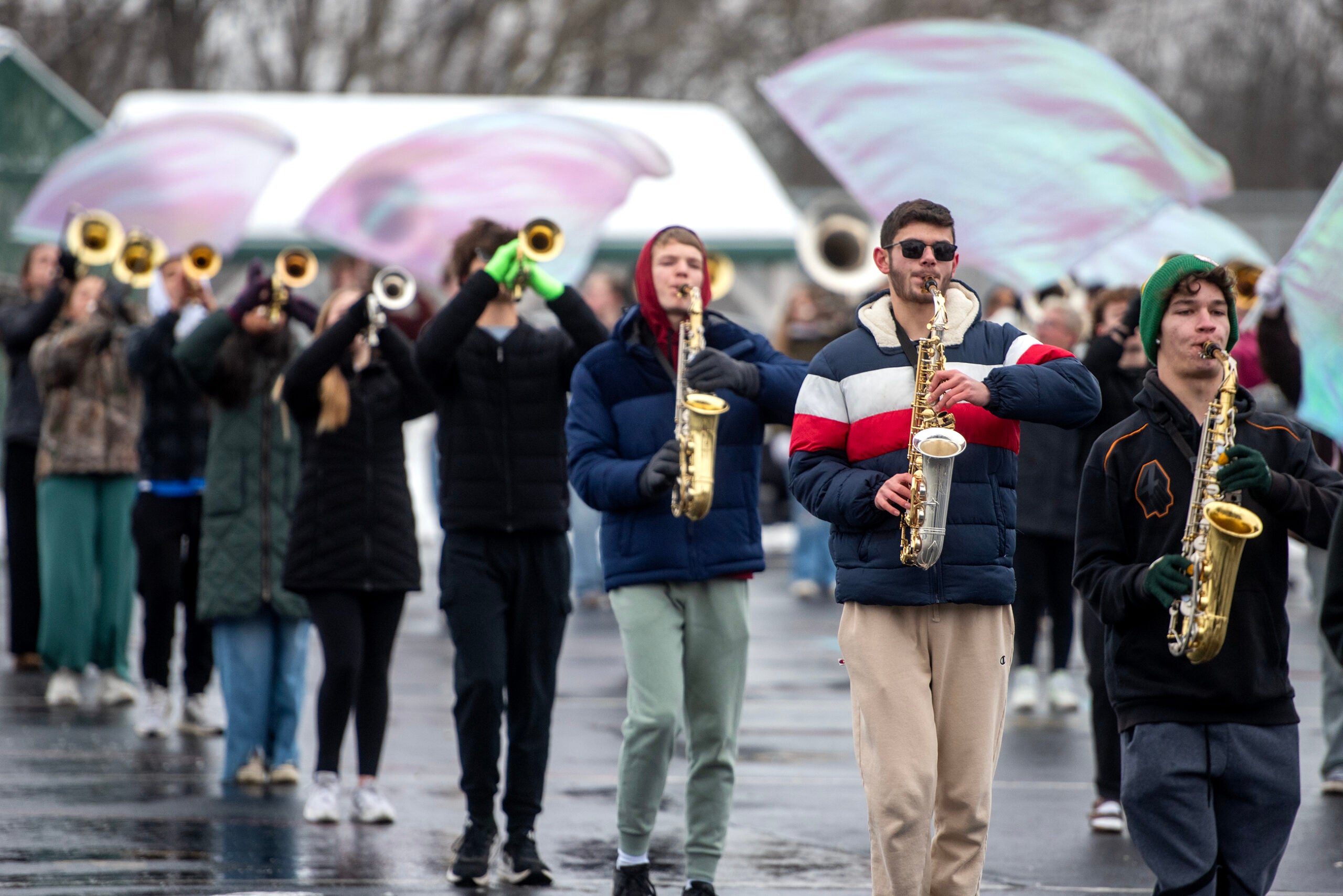Hold on to your heart: A new study found that apes — our closest living relatives — can recognize family members and long lost friends even after decades of separation.
Researchers tested 26 captive chimpanzees and bonobos from zoos around the world, showing them pictures of former groupmates alongside pictures of unknown apes, ultimately confirming what primatologists have long suspected.
“It was a really simple test: Do they look longer at their previous groupmate, or are they looking longer at the stranger?” Laura Simone Lewis, a postdoctoral fellow in Berkeley’s psychology department and lead author of the study, explained.
News with a little more humanity
WPR’s “Wisconsin Today” newsletter keeps you connected to the state you love without feeling overwhelmed. No paywall. No agenda. No corporate filter.
“And we found that, yes, they are looking significantly longer at the pictures of their previous groupmates.”
There is also evidence that they became even more intent when shown a picture of an ape with whom they’d had more positive interactions, as compared with antagonistic relationships, according to the report published last week in the journal Proceedings of the National Academy of Sciences.
“We like to see ourselves, as humans, as unique special creatures with incredible intellectual capacities that are very different from every other other animal on earth,” Lewis said. “This study is showing us how similar we are to chimpanzees and bonobos
She noted that the findings support the theory that long-term social memory in humans and modern day chimps and bonobos has evolved from “our last common ancestor that lived somewhere between 5 to 7 million years ago” which also likely had long-term social memory.
How researchers conducted the experiment
The participating apes were all volunteers that were given juice while staring at a screen flashing side by side photos of other bonobos and chimps. One animal from each pair of photos had lived with the group for at least a year, while the other was a stranger. An infrared eye-tracking camera recorded where the participants were looking and for how long. Data showed their eyes lingered longer on familiar groupmates, suggesting “rich recognition of each other.”
In the most impressive case, a 46-year-old bonobo named Louise at the Kumamoto Sanctuary in Japan repeatedly demonstrated “robust” attention upon seeing photographs of her sister Loretta and nephew Erin, whom she hadn’t seen in more than 26 years. The team said Louise’s results represent the longest-lasting social memory documented in any non-human animal to date.
Senior author Christopher Krupenye, an assistant professor at Johns Hopkins University who studies animal cognition, said the experiment was inspired by longtime observations among primatologists who go months or years between visits with the individual animals they study.
“When [the apes] see a familiar face, particularly one that they haven’t seen in a while, they get excited. It seems that they really recognized and remember us, Krupenye said. “We wanted to design a study that could test that.”
They now have evidence, Krupenye said, that apes can remember individuals for a majority of their 40- to 60-year average lifespan. That makes their memories comparable to that of humans, with recollections that begin to decline after 15 years but can persist as long as 48 years after separation, according to the study.
Now that they have definitive evidence that these endangered species possess memories that rival that of people, dolphins, elephants and ravens, researchers have more questions — including whether apes miss the individuals they’re no longer with, especially their friends and family.
“The idea that they do remember others and therefore they may miss these individuals is really a powerful cognitive mechanism and something that’s been thought of as uniquely human,” Lewis said. “Our study doesn’t determine they are doing this, but it raises questions about the possibility that they may have the ability to do so.”
9(MDAyMjQ1NTA4MDEyMjU5MTk3OTdlZmMzMQ004))
© Copyright 2025 by NPR. To see more, visit https://www.npr.org.9(MDAyMjQ1NTA4MDEyMjU5MTk3OTdlZmMzMQ004))

